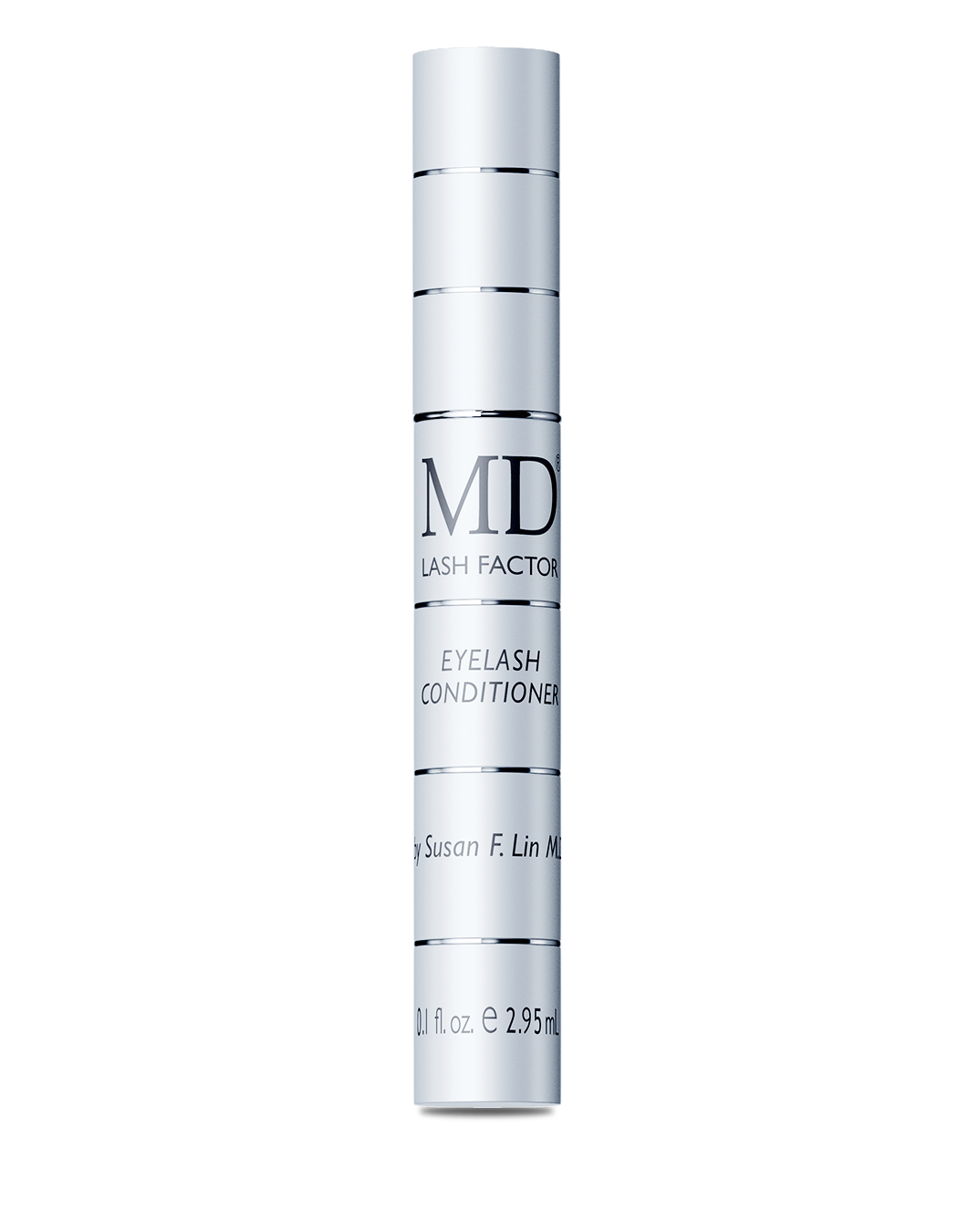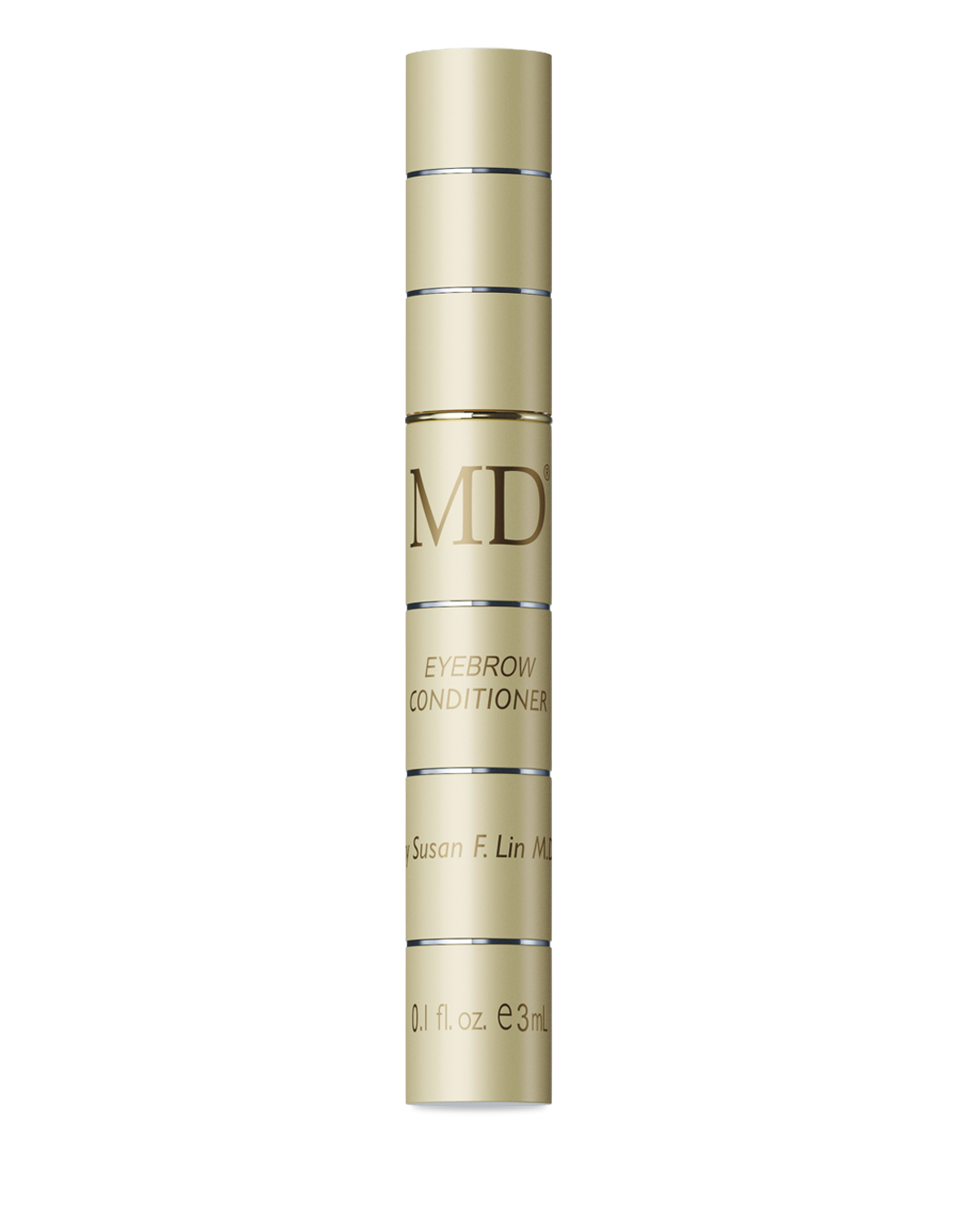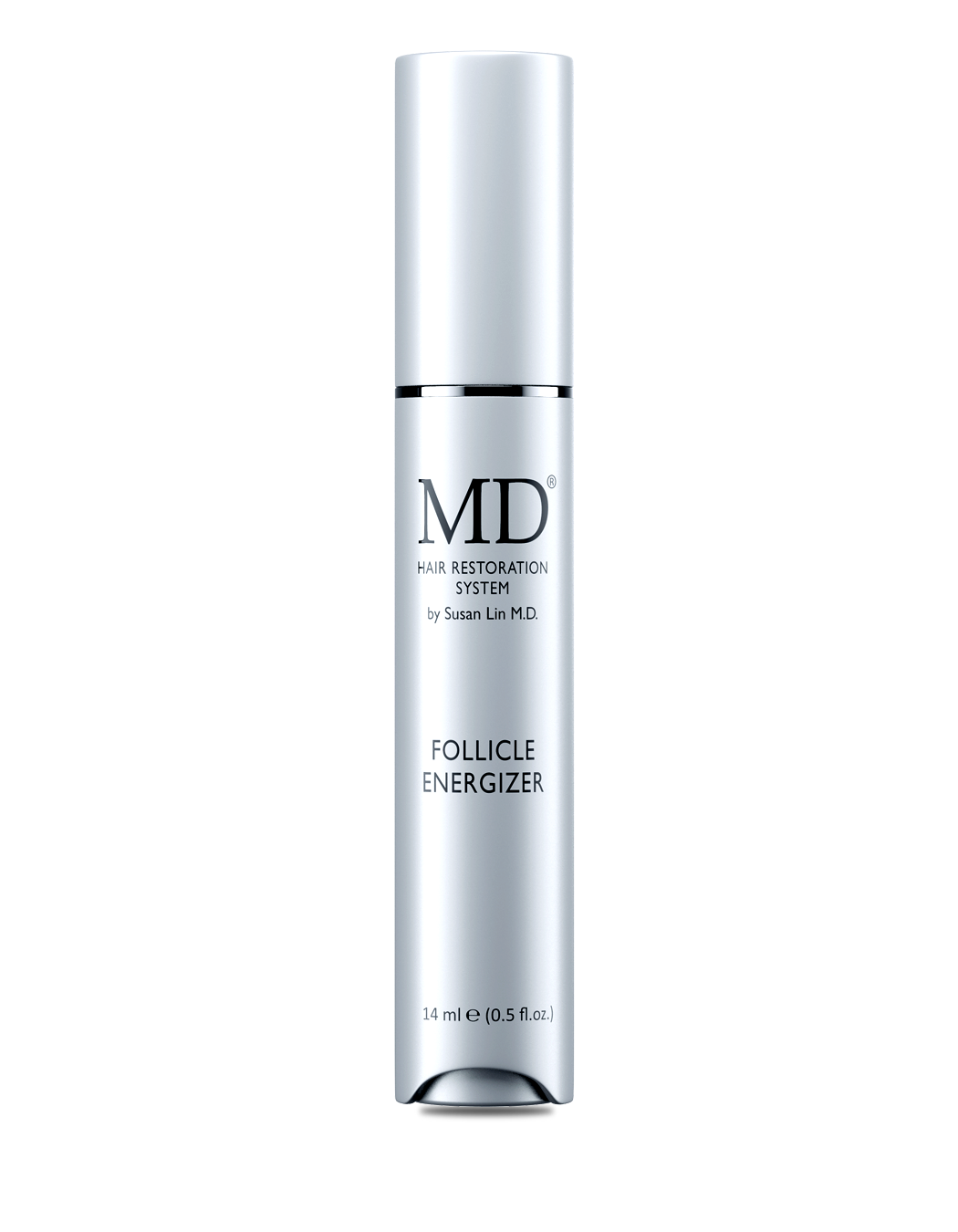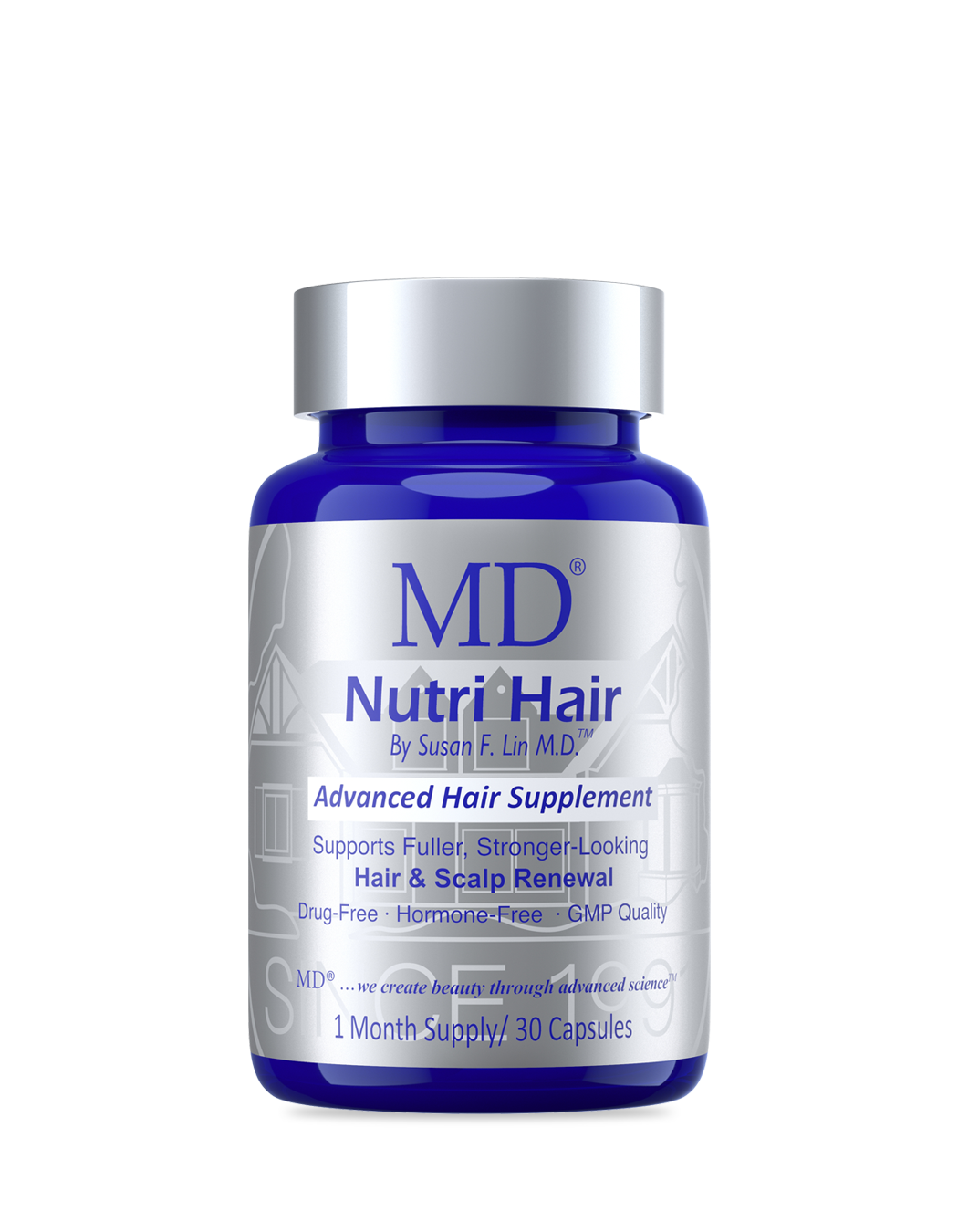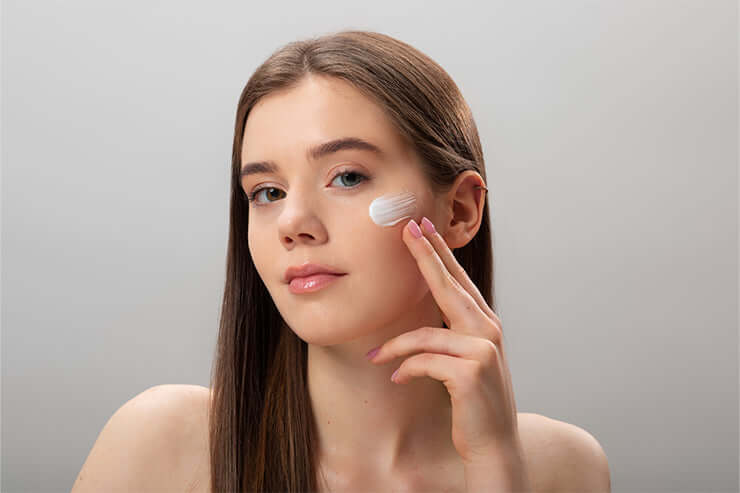How To Treat A Dry Scalp?
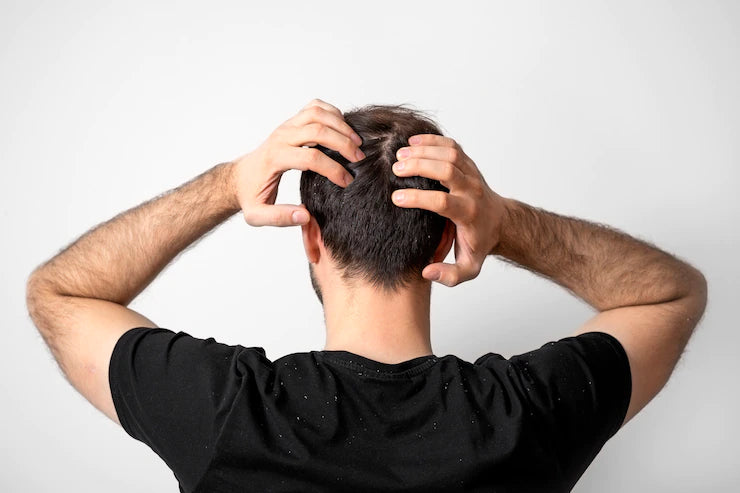
A dry scalp may have a variety of reasons. These include over-washing the hair, dehydration, and adverse response to strong hair care products. Another factor contributing to a dry scalp is medical diseases like psoriasis. A person with a dry scalp may endure dandruff, hair loss, itching, and discomfort. But one could be able to take care of their dry scalp at home with many hair loss treatments.
Treating a Dry Scalp
The following are probable home treatments that are worth trying when treating a dry scalp, even if they are ineffective for everyone.
The medical community is aware of coconut oil's potential as a moisturizer. According to a literature study, coconut oil may safely and effectively cure dry skin, which suggests that it is also helpful for treating dry scalp. A different Trusted Source, however, revealed that while coconut oil had no negative effects, there was no discernible difference between the scalps of users and non-users. In this study, the researchers compared 240 medical students' hair care routines.
Due to the numerous possible health advantages of tea tree oil, it is a widely used essential oil. Tea tree oil may contain antifungal, antiseptic, and antibacterial characteristics that might aid with scalp dryness, according to a review of the literature published in the scientific journal Clinical Microbiology Reviews.
Some individuals use aloe vera to treat sunburn and dry skin. According to research, aloe vera's anti-inflammatory properties may comfort certain people. Aloe vera and its derivatives, such as the best shampoo for thinning hair, can help relieve irritation from a dry scalp when applied to the scalp. Additionally, it could aid in hydrating the scalp. In a previous study, 44 people with seborrheic dermatitis (a disorder that results in scaly, flaky skin) were given either aloe vera gel or a placebo. The Aloe vera gel was more successful in decreasing scaliness and irritation.
Olive oil has demonstrated anti-inflammatory benefits in the diet. According to some studies, similar qualities could also be present when applied to the skin. According to a literature study, olive oil's anti-inflammatory properties have significantly contributed to its ability to speed up skin renewal and wound healing in animal experiments. Dry skin can be brought on by skin irritation.
Witch hazel could contain anti-inflammatory and protective qualities for treating minor skin diseases like sunburn.
According to a 2013 study review, scientists have studied these traits in both studies on animals and humans.
Bananas, like witch hazel, may also assist with the itching and other signs of a dry scalp. Some studies suggest that the nutrients in bananas might be used as scalp therapy. One study, for instance, claims that bananas' potassium, lipids, and vitamins can hydrate the scalp, alleviate dandruff, and enhance the hair's health. Preparing your banana hair product at home is how consumers may try this all-natural cure, according to the authors.
Avocado oil may provide several advantages, including hydrating the skin and hair. According to animal studies, using the oil topically may accelerate wound healing and lessen inflammation, which may help cure a dry scalp. Like bananas, an avocado may also be mashed and applied to the scalp to add more moisture.
A dry scalp may also benefit from the use of jojoba oil. According to one assessment of the literature, certain studies have indicated that the chemical jojoba liquid wax, which is generated from jojoba, can aid in hydrating the skin. The researchers who conducted this study suggest that more jojoba research is required.
According to a study published in BMC Complementary and Alternative Medicine, some Palestinians have long used yogurt and eggs to cure dry hair and scalp. Yogurt and eggs can be combined, then applied topically. If people believe they are sensitive to or allergic to milk or eggs, they should avoid using this therapy.
There isn't much evidence to back up the usage of yogurt and eggs to cure dry scalp.
The many amazing health advantages of apple cider vinegar might lessen the signs and symptoms of dry scalp. Because it is antibacterial, it can eliminate germs or fungi that can make you scratch. Additionally, it has anti-inflammatory properties and can help exfoliate your scalp, each of which can help cure dry scalp directly. Apply a solution of one part apple cider vinegar to two parts water on your scalp. Before rinsing it with a mild shampoo and nourishing your hair, give it five minutes to sit.
Avocados are rich in monounsaturated and polyunsaturated fatty acids, which help hydrate and protect your skin. You may use the avocado or oil externally to relieve a dry scalp in addition to eating it. You may use a mixture of avocado and banana as a therapy for an added boost. To treat dry scalp and related symptoms, use avocado oil or pureed avocado topically. Before massaging it into your scalp, combine blended avocado with a few drops of carrier oil, such as olive oil. Before washing it out, let it sit for ten to fifteen minutes.
Lilac contains natural component syringa vulgaris which is a powerful DHT blocker to balance scalp oil production and scalp irritation. It is also a powerful antioxidant to support hair against environmental stress and over processing
Derived from bitter almond. This natural extract is a natural solution for bacteria and fungal overgrowth that can cause dry scalp irritation. It also helps to decongest dead dry keratin build up which can impede new hair growth.
Wrapping Up
Common symptoms of dry scalp include flaking, redness, and itching. Fortunately, it is manageable with the right hair care regimen—from nourishing oils, hair loss treatments and skin care products that keep the scalp hydrated to pH-balanced washing solutions that especially target a dry scalp. However, visiting your physician to validate your diagnosis if you experience chronic dry scalp is advisable. They can rule out any underlying conditions that could be causing your dry scalp and any aggravating causes.

